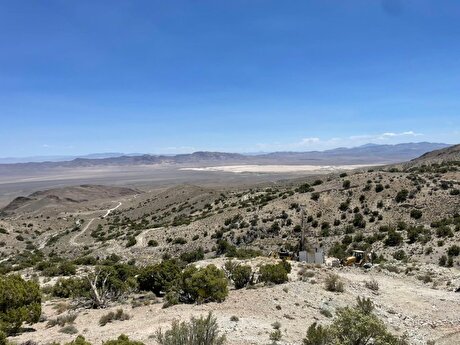
Viewpoint: European supplies hurt Colonial allocation

The Colonial Pipeline, the largest refined products pipeline in the US, provides a major outlet for Gulf producers to offload fuel along its nearly 5,500-mile (8,851km) length from Pasadena, Texas, to Linden, New Jersey.
For several years the pipeline remained fully allocated, meaning demand to ship surpassed the line's capacity. That has changed as European imports became an increasingly important supply source for New York Harbor.
In 2019, 27 out of 72 cycles failed to meet allocation, marking the highest number of unallocated cycles, and therefore the lowest shipping demand, in at least eight years.
At the same time, European gasoline flows to New York Harbor grew to about 310,000 b/d in 2019, up by 47,000 b/d from 2018 and the highest since 2016, according to oil analytics firm Vortexa.
Europe's increasing market share was most prominent in the aftermath of the shutdown of the east coast's then-largest refinery, the 330,000 b/d Philadelphia Energy Solutions' refinery following an explosion. Approximately 590,000 b/d of gasoline moved from Europe to New York Harbor during the two weeks after the late June fire at PES. The Colonial Pipeline was fully allocated at this time as Gulf shippers increased flows following a brief drop in demand earlier in the month.
The Atlantic coast is seeing plentiful supply from both the Gulf and Europe as of late December, and stocks are 3.5pc above the five-year average. The Colonial Pipeline, which fell out of allocation earlier this season, has been fully allocated for the past 14 consecutive cycles amid an open arbitrage.
Most Gulf coast refiners will head into spring turnaround in January and February, meaning Colonial shipping demand could drop and open arbitrage opportunities for Europe.
By Paul Dahlgren


Gold price eases after Trump downplays clash with Fed chair Powell

Copper price hits new record as tariff deadline looms
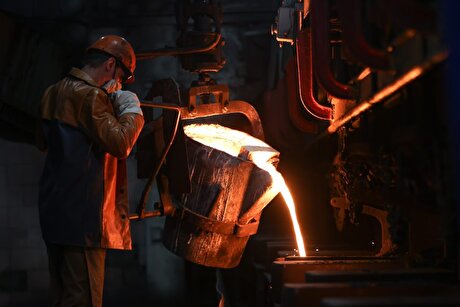
Brazil producers look to halt pig iron output as US tariff threat crimps demand
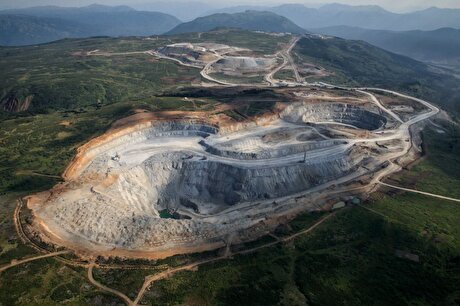
Three workers rescued after 60 hours trapped in Canada mine

Gold price could hit $4,000 by year-end, says Fidelity

US targets mine waste to boost local critical minerals supply
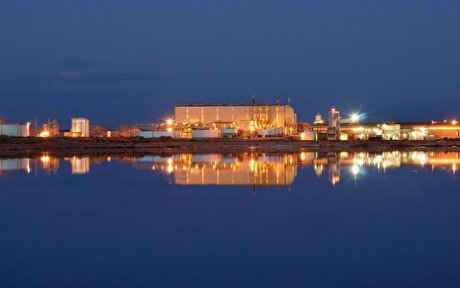
Energy Fuels surges to 3-year high as it begins heavy rare earth production
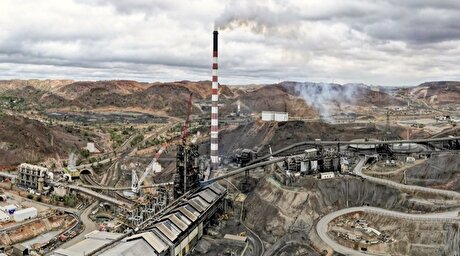
Glencore workers brace for layoffs on looming Mount Isa shutdown
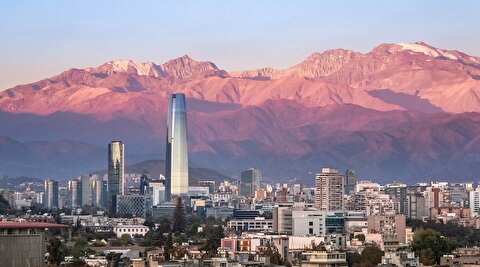
Chile’s 2025 vote puts mining sector’s future on the line

Kinross divests entire 12% stake in Yukon-focused White Gold

Gold price could hit $4,000 by year-end, says Fidelity

Southern Copper expects turmoil from US-China trade war to hit copper

Ramaco Resources secures five year permit for Brook rare earth mine in Wyoming

Column: EU’s pledge for $250 billion of US energy imports is delusional
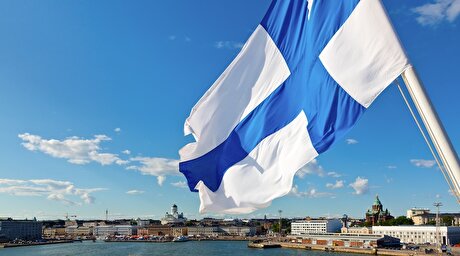
Finland reclaims mining crown as Canada loses ground

Gold price down 1% on strong US economic data
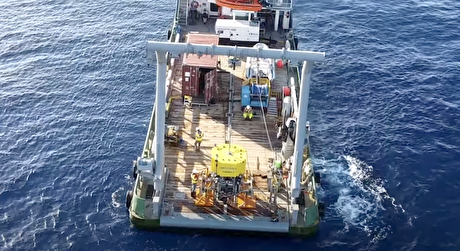
Trump’s deep-sea mining push defies treaties, stirs alarm

Chile’s 2025 vote puts mining sector’s future on the line

Gold price retreats to near 3-week low on US-EU trade deal

Gold price could hit $4,000 by year-end, says Fidelity

Southern Copper expects turmoil from US-China trade war to hit copper

Ramaco Resources secures five year permit for Brook rare earth mine in Wyoming

Column: EU’s pledge for $250 billion of US energy imports is delusional

Gold price down 1% on strong US economic data

Trump’s deep-sea mining push defies treaties, stirs alarm

Chile’s 2025 vote puts mining sector’s future on the line

Gold price retreats to near 3-week low on US-EU trade deal
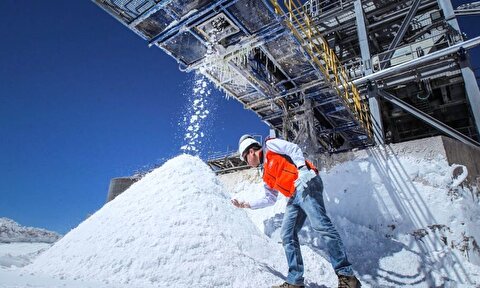
China’s lithium markets gripped by possible supply disruptions
